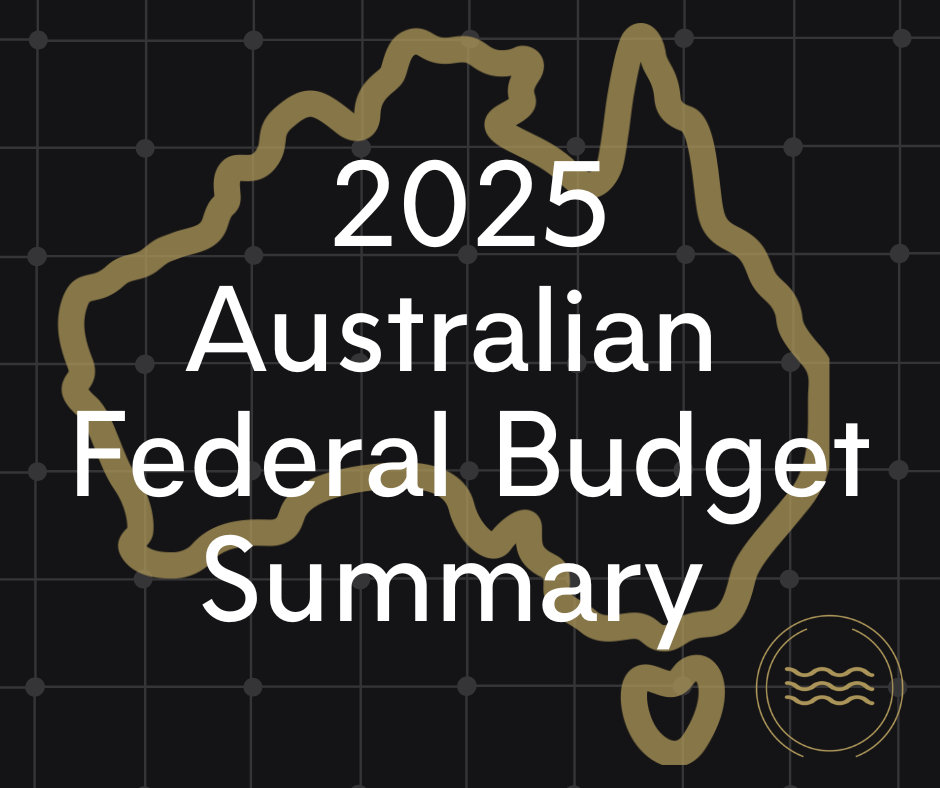
Sail your business through COVID-19 with the right attitude
COVID-19 pandemic is expected to be infect close to 30% of the Americans with 0.5% mortality rate, if immediate testing and medical facilities are not available. The numbers in India and other parts of the world are also alarming. Consequent to a range of measures adopted by countries around the world like travel restrictions, social distancing, lockdown, trade and commerce are affected and add to the economic risk for global and local businesses to survive. In this blog, I am discussing below questions for business owners from the U.S. and India perspective:
- what is the current economic reality? and
- what aspects should you address to survive your business?
What is the current economic reality?
Mainstream financial firms like J.P. Morgan, Goldman Sachs, Morgan Stanley and McKinsey & Company foresee a sharp recession in the U.S. economy in the second quarter which may be short-lived and growth in the third and fourth quarter. This economic reality cannot be outweighed and as the governments around the world are ensuring health as a priority, they are coming up with economic measures to address the downturn. Below is a snapshot of the economic measures undertaken in the U.S. and India:
-
-
- The U.S. plans to spend around 10% of its gross domestic product (GDP) to provide relief measures. Resources to support flow of credit and liquidity in the market to different types of business have been made through commercial paper funding facility, primary dealer credit facility, money market mutual fund liquidity facility, primary market corporate credit facility and asset backed securities loan facility. There has been relaxation for tax compliance and payment for certain taxpayers by 90 days from the original date of filing.
-
- India plans to spend 1% of its GDP for undertaking relief measures. A special COVID-19 economic task force headed by the Finance Minister of India has been set up to deal with economic challenges. On 24 March 2020, first set of statutory and compliance relief under the income tax, goods and services tax, financial services, corporate affairs, commerce and fisheries sectors were announced. The direct and indirect tax compliance deadlines have been extended to 30 June 2020, with no penalty but a reduced interest of 9 percent for a delay in payments of taxes is levied in specific cases. Relaxation for certain corporate compliances (holding meetings or minimum days of presence of a resident director), and insolvency and bankruptcy. Detailed circulars and procedures are still to be issued by the Ministry of Commerce. While India is introducing credit and liquidity measures to address internal matters, foreign exchange market has been provided with liquidity facility with a foreign exchange swap of $2 billion for next 6 months through multiple price-based auction.
-
With the current economic reality and above measures taken by the governments, it is important for a business owner to undertake a financial health checkup for his or her business. It will help to assess the liquidity position of your business and if there is a need to change your business plan. Before making any decision to furlough your staff, check your expense sheet, hold on to your discretionary expenses and identify a credit facility extended by the government that addresses your situation. For example, small businesses in the U.S. have been extended credit facility at reduced interest rates. Similarly, State Bank of India (an Indian public sector bank) has announced emergency credit line for businesses in India.
For global businesses affected by the lockdown and either intend to restructure or dispose a profitable division or business, should plan it now. The economic viability to address this situation to either enter new markets or windup businesses is perfect. The tax laws in India and the U.S. provide tax free mergers and acquisitions, provided the specific conditions are satisfied. Additionally, regulatory aspects to investment out of India need to be aligned to guidelines issued by the Reserve Bank of India under the Overseas Direct Investment or Liberalized Investment Scheme.
We are considerate that your positive attitude to sustain or grow your business brings along the best time and opportunity your way to just do it. We are here during the COVID-19 pandemic to professionally assist you.




